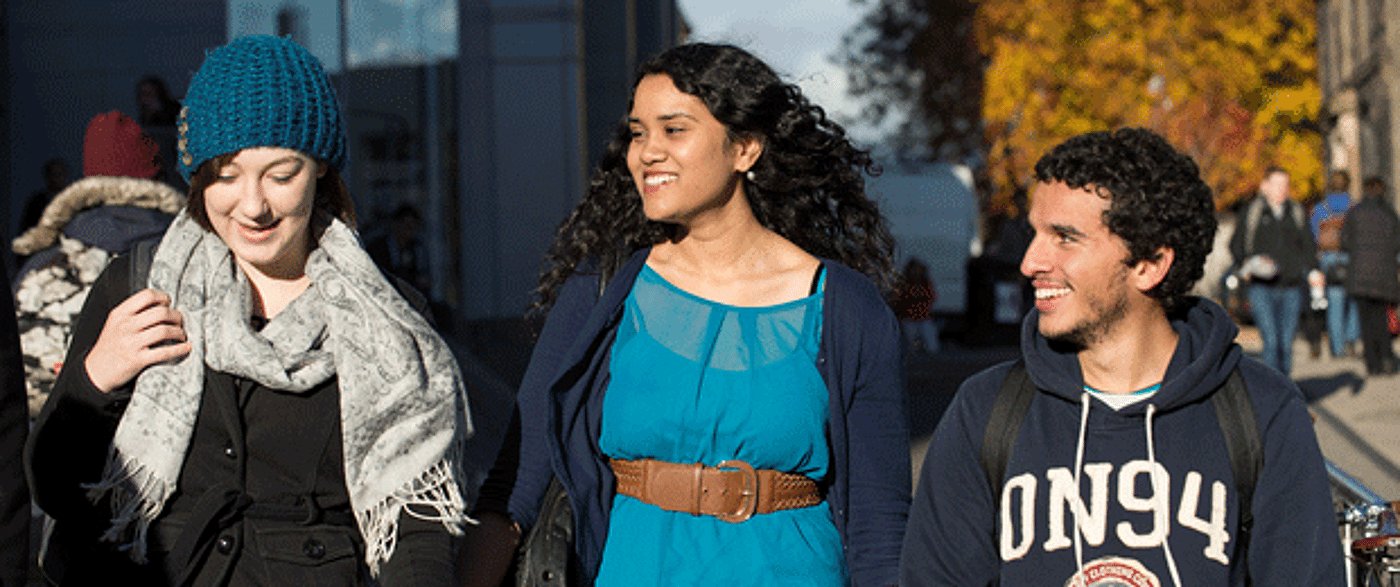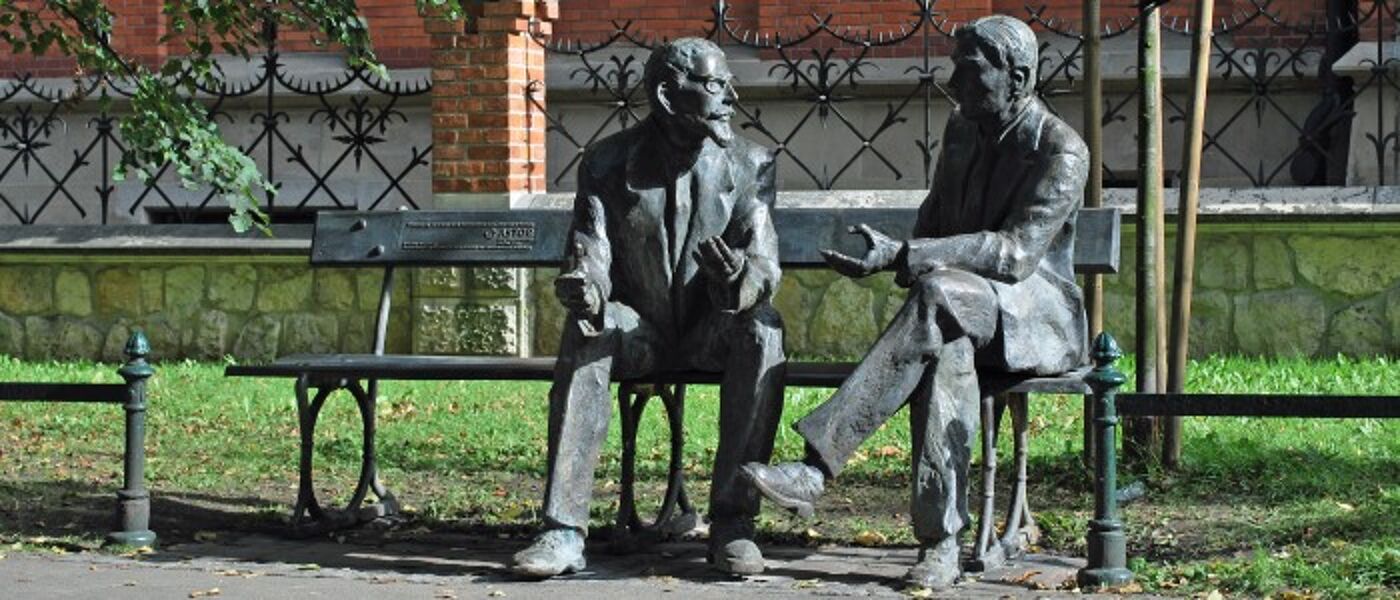National Minority Rights and Democratic Political Community
About
In the 25 years since the fall of communism, a growing number of countries in Central and Eastern Europe have applied or discussed the historic model of non-territorial cultural autonomy (NTCA) as part of their national minority rights policies. Why is this the case, and to what extent can NTCA serve as viable means of accommodating diverse ethno-cultural claims and supporting the emergence of more integrated political communities, both in Central and Eastern Europe and more broadly?
This project explores contemporary debates and practices around non-territorial cultural autonomy (NTCA) for national minorities in Central and Eastern Europe, at a time when this region continues to face divisive issues of ethnicity and territoriality twenty-five years on from the fall of communism and the demise of the USSR and the former Yugoslavia. Through comparative analysis of elite interviews, parliamentary and media debates, official documents and other materials from a range of Central and East European countries, the project examines the origins, nature, and perceived effectiveness and legitimacy of current (or proposed) institutional arrangements based on non-territorial cultural autonomy. In this way, it aims to assess the extent to which NTCA can be seen as a viable mechanism for meaningfully accommodating diverse ethno-cultural claims within existing state borders, in a way which supports the emergence of more integrated political communities and – by extension - the agendas of regional stability and democratic consolidation currently promoted by international actors such as the Organisation for Security and Cooperation in Europe, the Council of Europe and the European Union.
Researchers
- Prof David J Smith
- Dr Federica Prina
- Dr Judit Molnar Sansum
Project dates
31 October 2014 to 31 October 2017
Funder
Economic and Social Research Council (£603,000)
Collaborations and partnerships
- European Centre for Minority Issues (ECMI)
- OSCE High Commissioner on National Minorities
- Hungarian Academy of Sciences
- Babeş-Bolyai University
- Federal Union of European Nationalities (FUEN)

Outputs

Activities



